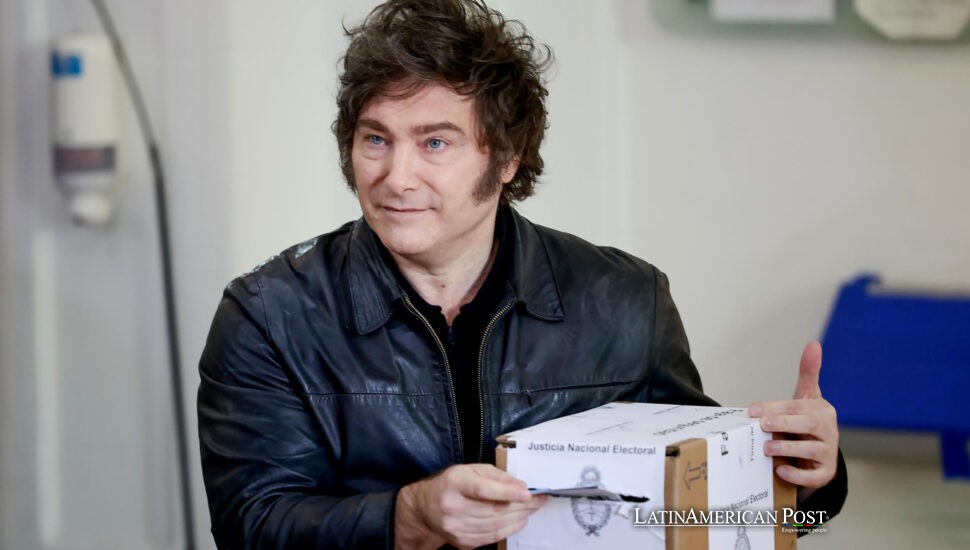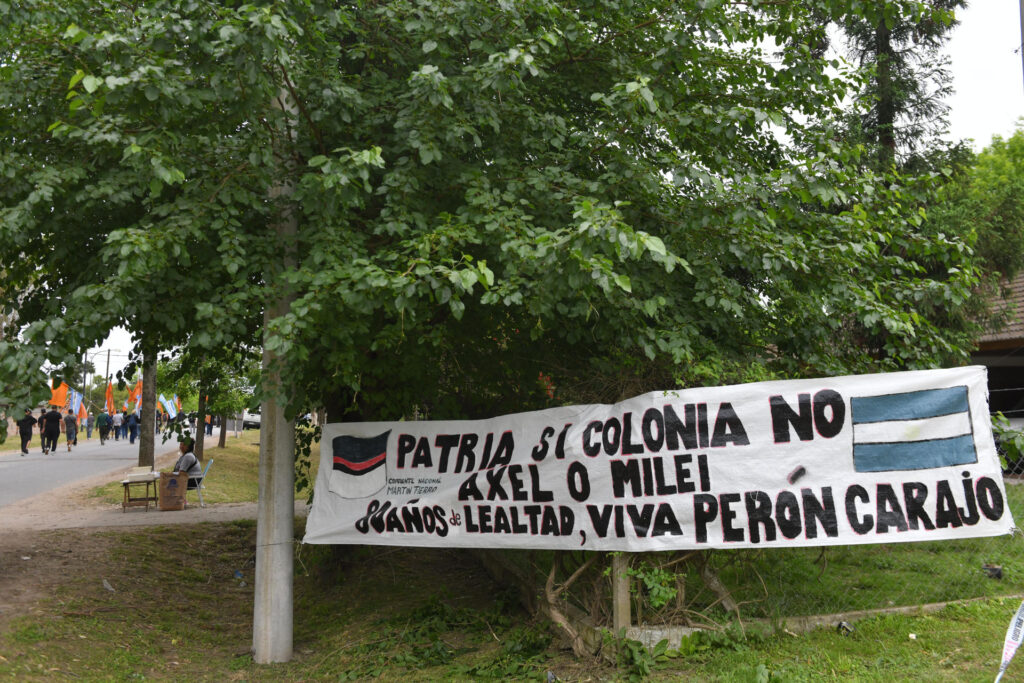Patria or Colony: Argentina’s Midterms Turn into a Referendum on Milei

Argentina’s midterm elections were supposed to be routine—half the Chamber of Deputies, a third of the Senate. But in Buenos Aires, nothing about this feels ordinary. The campaign has turned into a battle over sovereignty, debt, and destiny—a referendum on President Javier Milei’s first two years, and a test of whether Peronism, at eighty, still knows how to fight back.
From Vintage Slogans to Viral Soundbites
Across Argentina, a familiar phrase has returned like a haunting melody: “Patria o Colonia.” It’s painted on walls, shouted in marches, and whispered in podcasts. Once a wartime slogan, it now frames Sunday’s election as a choice between national dignity and foreign submission.
The revival isn’t accidental. Peronists, searching for the language of resistance, have pulled it straight from history’s drawer to accuse Milei of bending the knee to Washington. They claim the spirit of the 1940s—when U.S. Ambassador Spruille Braden meddled in local politics and Juan Domingo Perón answered at the ballot box—is alive again.
This time, the ghost has a new name: “Bessent o Perón.” The target is Trump-aligned financier Scott Bessent, the U.S. Treasury’s point man for Argentina. Peronists cast him as the modern Braden, the symbol of foreign tutelage. And then, the meme machine took over. When TV host Eduardo Feinmann pressed Milei on whether he was servile to the U.S., the president tried to deflect—and ended up saying “Biden o Perón.” The slip went viral. The old slogan was reborn, not from party archives, but from Milei’s own lips. As EFE reported, the audio clip ricocheted across Argentina, proof that even history can trend.
Debt, Dependence, and the U.S. Factor
For many Argentines, Peronism’s refrain hits home because the numbers sting. Since Milei took office in December 2023, his government has signed a $20 billion IMF program and another $20 billion currency swap with the United States—deals that, once activated, count as debt, according to figures cited by EFE.
Washington’s role has deepened. The U.S. Treasury has quietly bought pesos to stabilize Argentina’s currency, and Bessent has been working phones to line up private-sector aid for Buenos Aires. Even former president Donald Trump jumped in, saying from the White House that his support hinged on Milei’s coalition winning Sunday—remarks Peronists blasted as “public blackmail.”
Milei counters with the same manic confidence that carried him from TV pundit to presidency. “I’m a specialist in economic growth—with or without money,” he says, touting falling inflation as proof that his austerity works. But the pain is visible: 18,000 businesses have closed and 253,000 jobs have been lost, according to the Centro de Economía Política Argentina, as relayed by EFE.
The bigger picture is even heavier. Official INDEC data show Argentina’s external debt at $305 billion—the highest since 1994—with more than $55 billion owed to the IMF, making it the Fund’s largest debtor. In a nation that has danced this tango of rescue and ruin for decades, the old dichotomy—liberation or dependence—feels less like nostalgia and more like a diagnosis.
Peronism at 80, Campaigning Like It’s 1945
The movement that built modern Argentina turned eighty this October, and its leaders marked the anniversary not with champagne but with warnings. Governor Axel Kicillof stood before a crowd in Buenos Aires and thundered: “Today, the flags of economic independence and political sovereignty—the ones Perón himself defended—are at risk.” He invoked Braden as the timeless enemy, and the crowd answered with the old chant.
Veteran diplomat Jorge Taiana went further in remarks to EFE, calling Milei’s agreements “a project of dependence, of subordination… part of the United States’ global strategy.” From house arrest, Cristina Fernández de Kirchner posted her own message: “Eighty years later, it’s Bessent or Perón.”
Bessent, never one to play diplomat, fired back. “We don’t want another failed state in Latin America,” he told EFE, “and a strong and stable Argentina is in the strategic interest of the United States.” In a few sharp sentences, the entire campaign’s tension crystallized: was Argentina’s lifeline a gesture of partnership—or a new leash?
History’s Echoes, Today’s Stakes
To understand this election, you have to know how slogans become scars. In 1956, Argentina took its first IMF loan. By the next decade, President Arturo Frondizi’s privatizations—starting with the meatpacking plant in Buenos Aires’ Mataderos district—sparked strikes under the cry “Patria o Colonia.” The phrase fused into the country’s DNA.
And even earlier, in 1946, the slogan “Braden o Perón” condensed an era into a single, unforgettable binary. Perón won decisively, proving that language, when fused with pride, can move a nation.
Now, eight decades later, the rhythm is repeating. Milei’s opponents say debt has replaced tanks as the new form of foreign intervention, and that sovereignty is being pawned one contract at a time. His supporters argue that engagement isn’t servility—it’s survival—and that isolationism is the actual surrender.
This Sunday’s vote will decide no president, yet it will determine who holds the steering wheel. If Milei’s bloc grows, he can push his radical economic program further. If Peronism holds or gains ground, it can claim relevance beyond nostalgia. The stakes are not just legislative—they’re emotional, almost spiritual.
Because in Argentina, politics is never just policy. It’s theater, memory, identity. Slogans work because they sound like home. And every election becomes a stage where the ghosts of Perón and Evita still whisper in the crowd.

A Referendum by Any Other Name
For all the chants and soundbites, Sunday remains a midterm. But it feels like judgment day. Two projects face off: Milei’s libertarian urgency and Peronism’s historic defiance. Between them stand millions of voters measuring life not in ideology but in rent, wages, and the price of bread.
Whether “Patria o Colonia” is prophecy or performance will be counted in precincts, not tweets. Yet the campaign has already done something unmistakable: it’s reminded Argentina that words still matter—that a slogan born in 1945 can still shape 2025.
Also Read: Trump’s CIA Authorization for Venezuela: Covert Power Meets Public Reckoning
And somewhere between the past’s ghosts and the future’s hunger, Argentines are once again being asked the question that has never stopped echoing: will the homeland stand on its own feet—or kneel before another empire?





